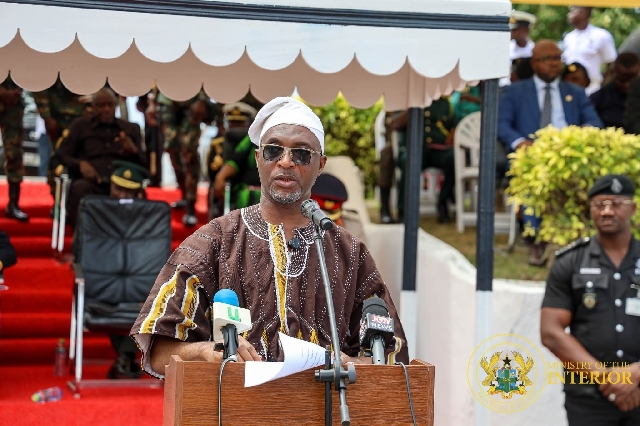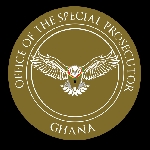Gov't revises statutory holidays to promote national unity
 Mohammed Mubarak Muntaka
Mohammed Mubarak Muntaka
The Government of Ghana has announced a revised list of statutory public holidays, effective immediately, as part of efforts to foster national unity and cohesion.
Minister for the Interior, Mohamed Muntaka Mubarak, revealed the updated holiday schedule at a press briefing, stating that the changes are intended to focus on days that are widely recognised and celebrated across the country.
Key Changes:Founders' Day Revised:
Founders' Day will now be observed on September 21, in honour of Ghana’s first President and independence leader, Osagyefo Dr. Kwame Nkrumah. This replaces the previously observed August 4 date, which has been removed from the calendar. The Minister explained that August 4th had become “perceived as divisive,” and the change is aimed at promoting a more inclusive national narrative.
Elimination of August 4 Holiday:
August 4, previously commemorated as Founders' Day to mark the formation of the UGCC, has been scrapped due to its controversial nature in Ghana's political and historical discourse.
New Year’s Day – January 1
Constitution Day – January 7
Independence Day – March 6
Good Friday – Movable date
Easter Monday – Movable date
Labour Day – May 1
Republic Day – July 1
Founders' Day – September 21
Farmers’ Day – First Friday in December
Christmas Day – December 25
Boxing Day – December 26
Eid-ul-Fitr – Date to be announced (movable, based on lunar calendar)
Eid-ul-Adha – Date to be announced (movable, based on lunar calendar)
The Minister noted that dates for Eid-ul-Fitr and Eid-ul-Adha will be confirmed by the Office of the National Chief Imam, as they are determined by the Islamic lunar calendar.
In total, the government has confirmed 14 statutory holidays and commemorative days for 2025.
According to Muntaka Mubarak, this revised calendar aims to create a more unified national identity by emphasising holidays that hold broad cultural and historical significance for Ghanaians of all backgrounds.
Source: Classfmonline.com
Trending News

OSP arrests top former GRA, SML, PPA officials over suspected corruption in revenue assurance contracts
14:00
E/R: Three dead, several injured in fatal accident at Asuboi on Accra-Kumasi Highway
10:47
C/R: Gomoa East MP donates relief items to flood victims
12:48
C/R: NADMO to crack down on hazardous billboards following fatal building collapse
13:53
Parliament hosts Eswatini delegation to strengthen inter-parliamentary ties
10:32
Highway robbery on deplorable Sunyani-Ntotroso road claims driver’s life, injures passengers
12:40
Human Rights Committee condemns torture of young boy in Western Region
13:22
Tano North MCE commended for restoring School Feeding Programme at Bomaa and Boukrukruwa
10:17
NACOC embarks on operation to destroy seized narcotics at Bundase
11:22
Human Rights Committee Chairman rallies Parliament to champion rights of the vulnerable
13:15



